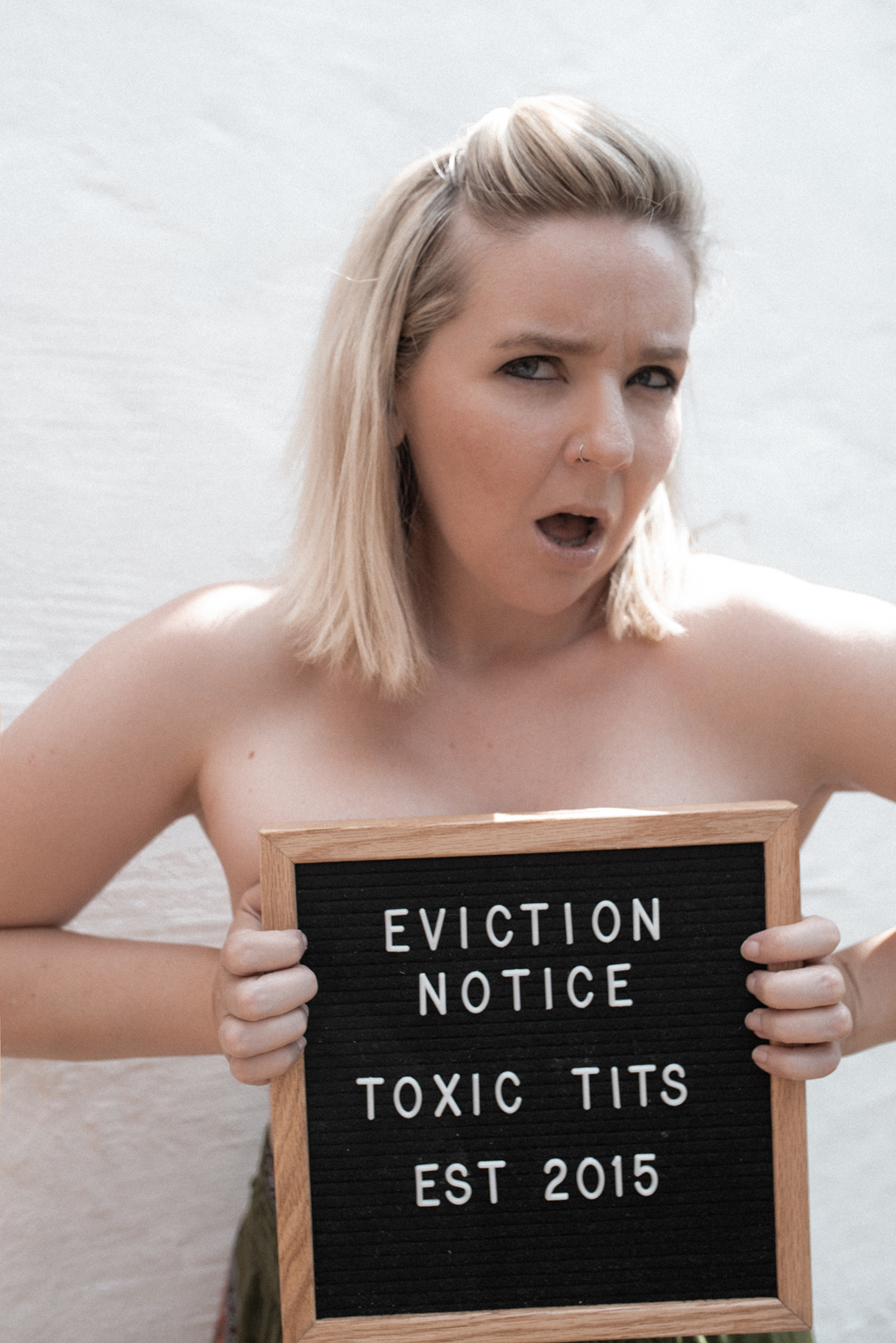
I’ve been going back and forth with myself about writing this post. And now that I’ve decided to do it, it’s so incredibly difficult to know where to start; or even how I can get all of these words that I want to say out of my brain, coherently. It’s not so much that I’m worried about sharing – I’ve bared my soul and so much of my life here and on my Instagram, so it isn’t that. It isn’t even the fear of judgement. I think it’s more that I’m afraid of not getting this right. That I won’t convey the severity of the issue with the weight that it needs and deserves. But I’m going to try anyway, because if you’re reading this post and something resonates or it helps you in any way, then it’s worth it. I’m going to be discussing Breast Implant Illness or BII, as it’s more commonly referred to, and the reasons why I’m removing my breast implants.
Getting Implants
I made the decision to get my implants six years ago. I was so desperately unhappy with the appearance of my body, post pregnancy and breastfeeding. I gave myself plenty of time to “feel better” about it or to “bounce back” (I hate this term but it really was what I was trying to do) but it just didn’t happen. I obviously was blissfully unaware that my body dysmorphia was potentially making things a million time worse, but I just knew that I felt about as far away from a “yummy mummy” as possible. I felt trapped in a body that I didn’t recognise and that I didn’t like. But for the record, I never wanted to have big boobs. I just wanted to get some of my prior fullness and shape back, I wanted to feel my age, to feel womanly, assuming that this would bring with it all the confidence that I’d lost.
From making my initial consultation appointments, it happened fairly quickly and my surgery was booked for just a few weeks later. I saw three different surgeons and they all suggested similar sized implants (I ended up with 400cc Mentor Textured High Profile Silicone Implants) that they believed would suit my size and frame. I actually decided to go with the doctor who told me I really didn’t need to have an augmentation and that I should save my money. For some reason, I gravitated to what seemed to feel like caring. God, I wish I had taken his initial advice and simply walked away.
In all of my consultations I was told about the risks that come with having breast implant surgery – many of them just the general risks of anaesthesia and also surgical complications. When it came to the actual implants themselves, I was informed about capsular contracture but in a very casual, almost dismissive manner. It could happen and if it did, the implants would be replaced. It’s hard to believe, looking back, that I was satisfied with that explanation and that I didn’t look in to it further. I could kick myself for being so blasé, but that isn’t helpful now.
What is Capsular Contracture?
Capsular Contracture is the formation of a “capsule” of scar tissue around any kind of implant placed in the body. It’s actually a normal part of the natural healing process. The body has an immediate reaction to any foreign object placed within it and attempts to isolate and protect from it by creating scar tissue around it. When I actually read/type this, it makes total sense, right? But it wasn’t until it was actually explained to me this year that I truly understood it. And when I first digested this information properly, I felt so incredibly sad. My poor body; having to work extra hard to create this scar tissue just to protect me from something I willingly put in there.
It’s important to highlight here, that every single person who has a medical or cosmetic implant WILL have this capsule/scar tissue. However,In some people, the capsule becomes unusually hard and dense. It then tightens around and squeezes the implant. Though not all cases present with obvious symptoms, in some cases capsular contracture can cause chronic pain and distortion in the shape of the breast. It can also make the breast rise higher on the chest.
This is actually one of the reasons that I first went to see my GP. I can’t pinpoint with any real accuracy when I noticed that the feel of my breasts had changed. They’ve always felt fairly firm but all of a sudden they were uncomfortable. I couldn’t sit or lie in certain positions and occasionally I would get sharp, shooting pains in both, along with increased sensitivity that pretty much rivalled first trimester boobs. If you know you know – DO NOT TOUCH!!
I saw two surgeons earlier this year to discuss removing my breast implants and both confirmed that I do indeed have capsular contracture in both breasts, the left being a grade 3 and the right a grade 2 (4 is the highest and most severe). But this isn’t the only reason why I have booked my explant surgery.
Feeling Unwell
Breast Implant Illness or BII was never once mentioned to me when I consulted with surgeons about getting my implants. I hadn’t even heard of it until 2019 when a friend contacted me whilst I was travelling. My friend had implants, in fact we had both used the same surgeon, and she wanted to let me know that she had been really unwell and was actually having her implants removed. I remember reading the message a couple of times and thinking how odd that her implants had made her sick, especially after having them for so many years. I shrugged it off. Mine were fine and I guess in that moment, I considered myself lucky.
Funnily enough, earlier that year I had developed a rash on my face. An angry, red rash, predominately on my cheeks. It wasn’t painful or itchy but it made me feel incredibly self conscious and when I saw my GP they assumed it was rosacea. I had no reason at this point to doubt that potential diagnosis, so I took my antibiotics and figured it would clear up. That was 26 months ago. The rash is STILL there.
In late 2020, I noticed that I was feeling tired. And I mean, REALLY tired. I’m a special needs mum so I’m well aware of what fatigue feels like. This was something else entirely. I would wake up with headaches, feeling hungover and as if I hadn’t slept at all. Any form of exercise would literally floor me for days. Lifting my arms felt like a workout. And in all honesty, I was doing less than I ever had. It was peak Covid times after all and my business was pretty much out for the count – kinda like me. Then came the pains in my chest and the palpitations that would last for hours. I couldn’t work out what was happening or why I was feeling so awful. I put so much of it down to lockdown blues but when I finally started telling a friend about all of my symptoms, she suggested that it wasn’t “normal” and that maybe it was time to see a doctor.
It was at this point that I remembered that text message from 2019. I went back and read through it a few more times. Then I sat on my bed and starting reading about Breast Implant Illness and the hundreds of thousands of women who were/are suffering.
Breast Implant Illness
You know that moment when you find something out and then you just can’t unsee or unlearn it, you cannot forget about it and you can’t turn your brain off from thinking about it? That’s what happened for me that day. I couldn’t actually believe what I was reading. But as I digested the information, it all started to come together. My immune system has always been just a little bit crap (I have a hereditary blood condition that leaves me more susceptible to illness). So was it really that much of a shock to think that it may have become overwhelmed from constantly fighting against two foreign bodies for almost 6 years? The idea that your body could reject the implants you’re paying for is never discussed as a possibility by the people who are selling them to you. But is it that absurd a theory? My research led me to two private facebook groups, Breast Implant Illness and Healing by Nicole and UK Breast Implant Illness and Healing Support Group. The two groups combined have a total of 155,000 members. That’s 155,000 women who have symptoms similar to mine. 155,000 women who are struggling to work, to parent, to socialise, to live. This is not a gimmick. This is not a fad. These are real peoples’ lives. And they matter.
There are very few medical professionals, Doctors or surgeons who will confirm that breast implant illness (also sometimes referred to as ASIA/Shoenfold’s syndrome which is an auto immune syndrome induced by adjuvants) is real, at this point. There are of course those who are open to the idea and who are conducting research as we speak. There are plenty more who dismiss it completely. In fact the first surgeon I saw this year told me that if he’d have consulted with me five years ago and I had discussed the same symptoms and the possible link to my breast implants, he’d have referred me to a psychiatrist. It’s actually more than frustrating to hear that. It’s demeaning, it’s insulting and it’s dangerous. Society, time and time again neglects to listen to women. We aren’t heard. We aren’t believed. We’re overly emotional, we’re sensitive, we’re irrational, we’re hysterical; it’s all in our heads. But we know our own bodies. We know if something isn’t right. And we deserve to be listened to and to be taken seriously. The FDA and the MHRA have deemed breast implants to be safe. Yet in 2019 breast implants were given a black box warning by the FDA. Despite this, there were over 200,000 breast implant surgeries in 2020.
FDA believes that a boxed warning should be part of physician and patient labeling materials for breast implants. In general, boxed warnings are noticeable and easy to read and understand, and FDA believes a boxed warning would be particularly useful in communicating risks that have been identified in new information and for which patients may be unaware.
- Breast implants are not considered lifetime devices;
- The chance of developing complications increases over time;
- Some complications will require more surgery;
- Breast implants have been associated with the development of a cancer of the immune system called breast implant-associated anaplastic large cell lymphoma (BIA-ALCL);
- BIA-ALCL occurs more commonly in patients with textured breast implants than smooth implants, and deaths have occurred from BIA-ALCL
- Breast implants have been associated with systemic symptoms.
Breast Implant Illness Symptoms
There are over 40 common symptoms of breast implant illness. Some women report having just a handful, others may have almost all of them. Our bodies are individual and no one person may experience the exact same issues. My own personal symptoms list continues to grow, but the major ones have been my persistent skin rash, depression, anxiety, heart palpitations, brain fog, chest pain, chronic fatigue, weight gain, low libido, headaches, poor circulation, dry skin and hair, vertigo, bloating, food intolerances and muscle/joint pain.
During my GP appointments, my symptoms have often been investigated singularly but never collectively. My blood test results come back “fine” repeatedly. My last ECG was normal. We’ve ruled out lupus and diabetes. Tests and retests are ordered. They have no idea why I am experiencing the things that I am. They don’t seem overly concerned. They also don’t believe that anything will be improved significantly after removing my breast implants. But it’s still a chance that I’m willing to take. Because even though my doctors cannot confirm that my implants are the reason that I’m sick, they also cannot rule it out with any degree of certainty. It works both ways. Proof beyond reasonable doubt and all that jazz. Besides, if after removing my breast implants I only feel 5% better…… then it’s going to be so worth it. Plus I will no longer have those ticking time bombs sitting in my chest, above my vital organs. I will also have reduced my risk of developing BIA-ALCL, the specific cancer linked solely to breast implants.
“Six years ago Beth” honestly had no idea that she would be facing all of this now; but I like to think that if I had been presented with all of the information and risks back then, I would’ve made a much more informed choice. And that’s the whole point I’m trying to make. I’m not going to sit here and say “Don’t get plastic surgery.” I 100% believe that everyone has the right to do whatever they choose to their own body. But I am advocating for full disclosure of the facts and for more information to be presented to patients. For example, what are your implants made from? The list of ingredients for both saline and silicone implants (saline implants have a silicone shell) reads like some sort of toxic soup. Shouldn’t we know all there is to know before making such a big decision? That way, if you still choose to get implants, you absolutely know ALL of the risks involved. I can’t help but wonder how many women have struggled for years, seeking out a diagnosis, a reason for the way that they feel. If they had known about BII before their surgery, they could’ve made the decision to explant once the symptoms began. I’m quite certain that having that knowledge could have saved and changed many peoples’ lives.
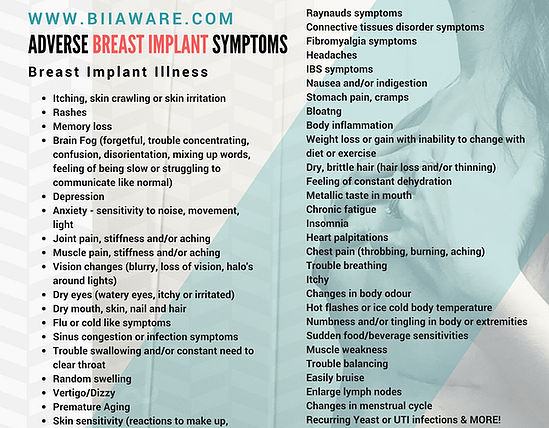
Spreading The Word
As I have already mentioned, 6 years ago I had never heard of breast implant illness. I didn’t come across it once in my research in to the types of implants I wanted, nor was it mentioned in any of the online forums I frequented when searching for an implanting surgeon. Even now, after discussing removing my breast implants on my instagram back in August, I’ve lost count of the number of messages I’ve received from both women and men, who had no idea BII even existed. But, and this is a very big BUT…… times are changing and the word IS getting out.
There have been some huge profile names speaking about breast implant illness in the past couple of years. It’s so amazing to see these women, many of whom have massive followings, using their platforms to talk about removing their breast implants. Michelle Visage, for example, underwent explant surgery in 2019 and this year her film EXPLANT debuted at the Tribeca Festival. We are still eagerly awaiting its release here in the UK but the response across the pond, was astounding. Other celebrities that have removed their implants are RHOC star Tamra Judge, The Bachelorette alumna Clare Crawley, model Chrissy Tiegan and actress Ashley Tisdale.
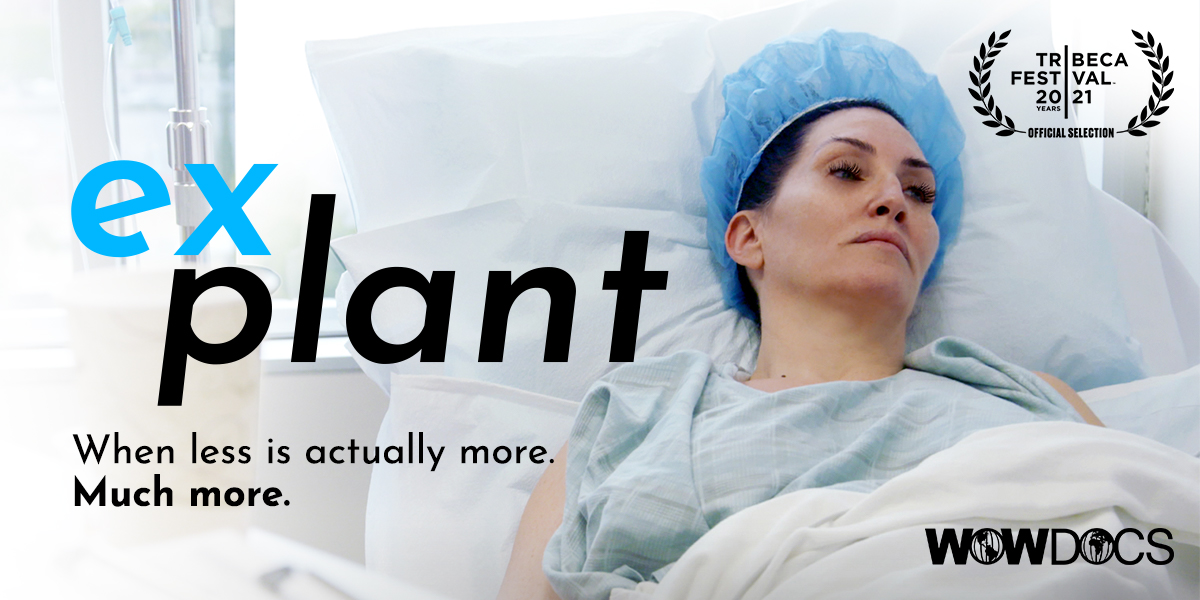
For those of us in the UK, you can also watch the BBC documentary My Breast Implants are Making Me Ill over on Iplayer and there are tonnes of individual stories and testimonials on Youtube and Instagram. Sharing knowledge is power. I am so grateful to all of the brave individuals who have spoken out already, because they’ve helped to pave the way for me and for all those who will follow behind me. And that’s predominantly why I have written this post. So that if you’re reading it and you’ve been experiencing anything that just feels strange to you, symptoms that seem completely random or sporadic or that the doctors can’t find a reason for, and you have breast implants……. There may be absolutely no link whatsoever, but at least you are now aware that there could be.
So where am I now in my journey? I’m actually counting down the days now until my explant surgery. I’m sure I’m going to have lots of further updates and I’m going to be totally honest and transparent about it all. But for now, this is just the beginning. The start of me choosing health over all else. I’m actually not even that scared about the aesthetics of my new boobs; because going through all of this has taught me just how little they matter. Because let’s be honest, you can have the most bangin’ tits on the planet but what good are they to you if you feel like you’re dying, like you’re slowly being poisoned from the inside out? I am not my boobs. I have so much more to offer and I’m really looking forward to going back to “Beth 101”. She was always enough.
Thanks for being here,
Beth Anne xoxo
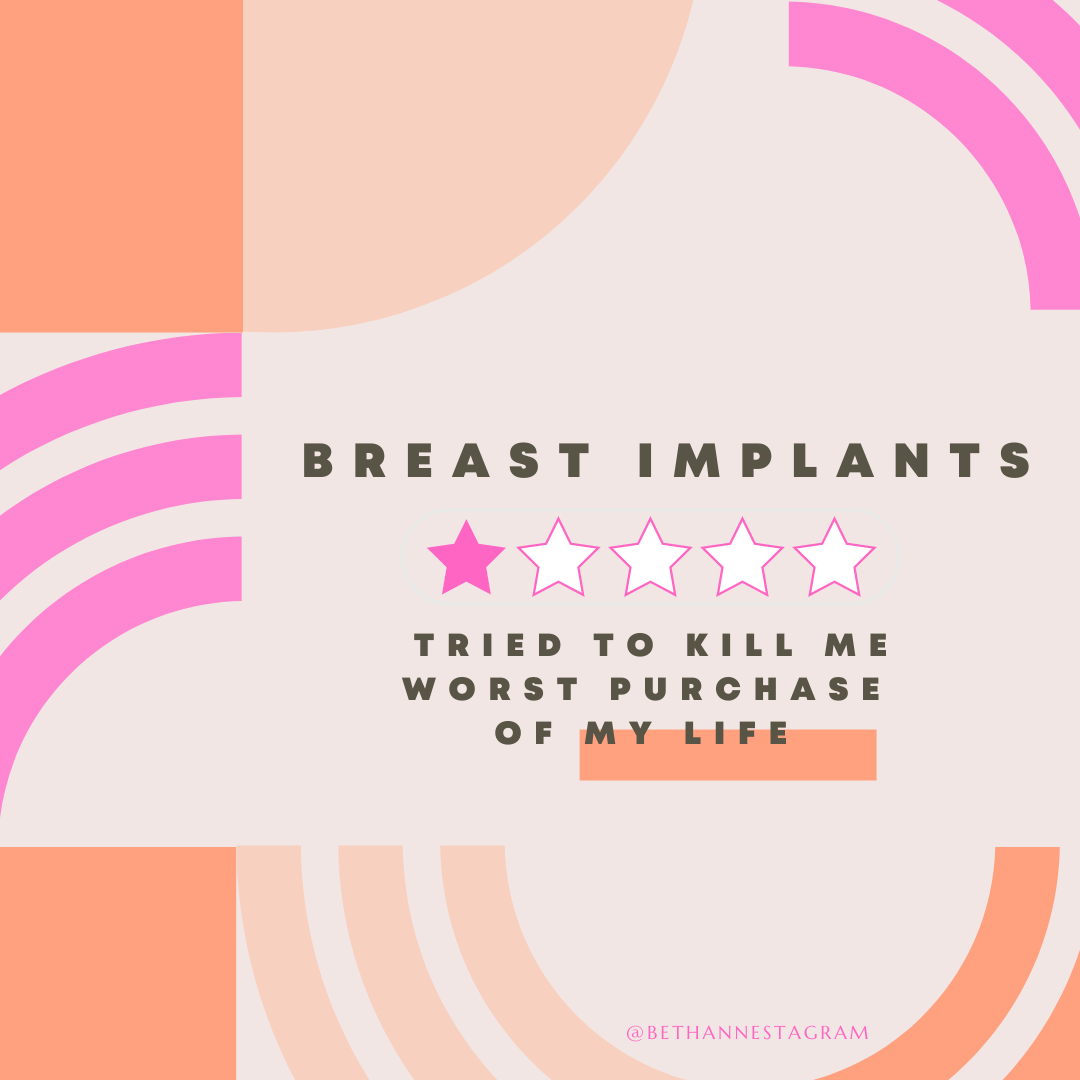
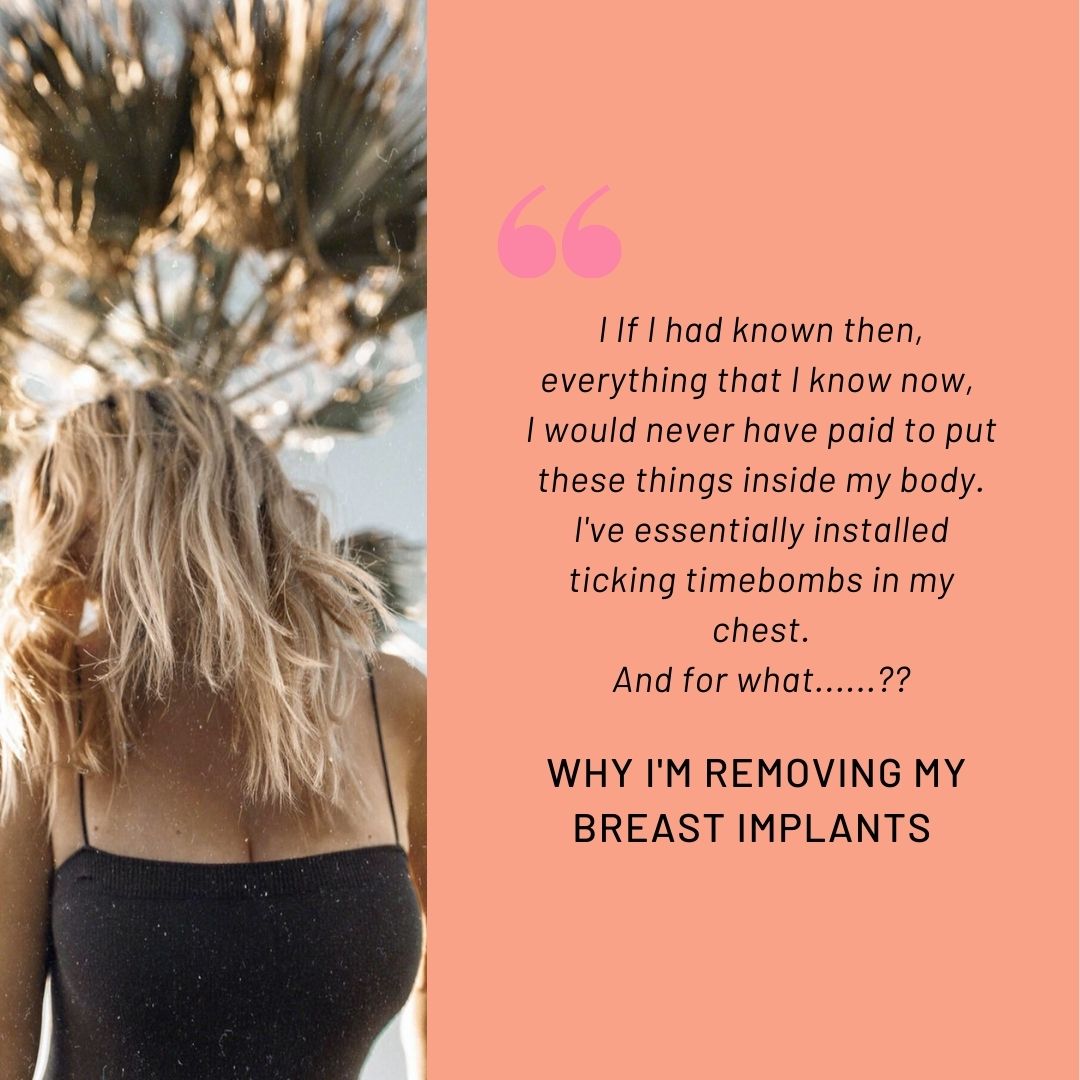
![Mother Clucker…… DERBY WING FEST delivers yet again!!
[PR/Invite]
I had an absolute blast at @wingfestuk at @bustler_derby this weekend. The sun was shinin’ the beats were pumpin’ and the Wings were off the charts, incredible.
Honestly, the Wing vendors came from all over the country and they were not messing around this year. With each stand cooking up a Buffalo Wing and a Wild Wing there were just so many ways to tickle your tastebuds.
For us, the Cinnamon Toast Crunch from @eatpoorboys was just genius and we literally licked our plate because THAT SAUCE 😂 Big shout out too to our pals @the.wing.guys @dirtychickenuk and @eatthebird. We gave your Wild Wings 10s all the way 🤪
Thanks again @wingfestuk for putting on such a great event. We loved the addition of the beer puppets this year 😂 and the Iced Gelato Pops. Congratulations to all of those who received awards. We cannot wait to see what you come up with next year.
Wing Fest is coming to London, Manchester, Birmingham and Bristol THIS SUMMER so be sure to head to their Insta/Website and secure your tickets because this is a party that you do not wanna miss. Might even try to get over to Manchester myself so perhaps I’ll see you there 🙌🏻
#wingfest #wingfestuk #bustlermarket #derbyfood #derbyfoodie #derbyfoodies #wingswingswings #chickenwingsforlife #chickenwings #derbyshirefoodie #nottinghamfoodblogger #eastmidsbloggers #streetfoodfestival
](https://mynameisbethanne.com/wp-content/plugins/instagram-feed/img/placeholder.png)
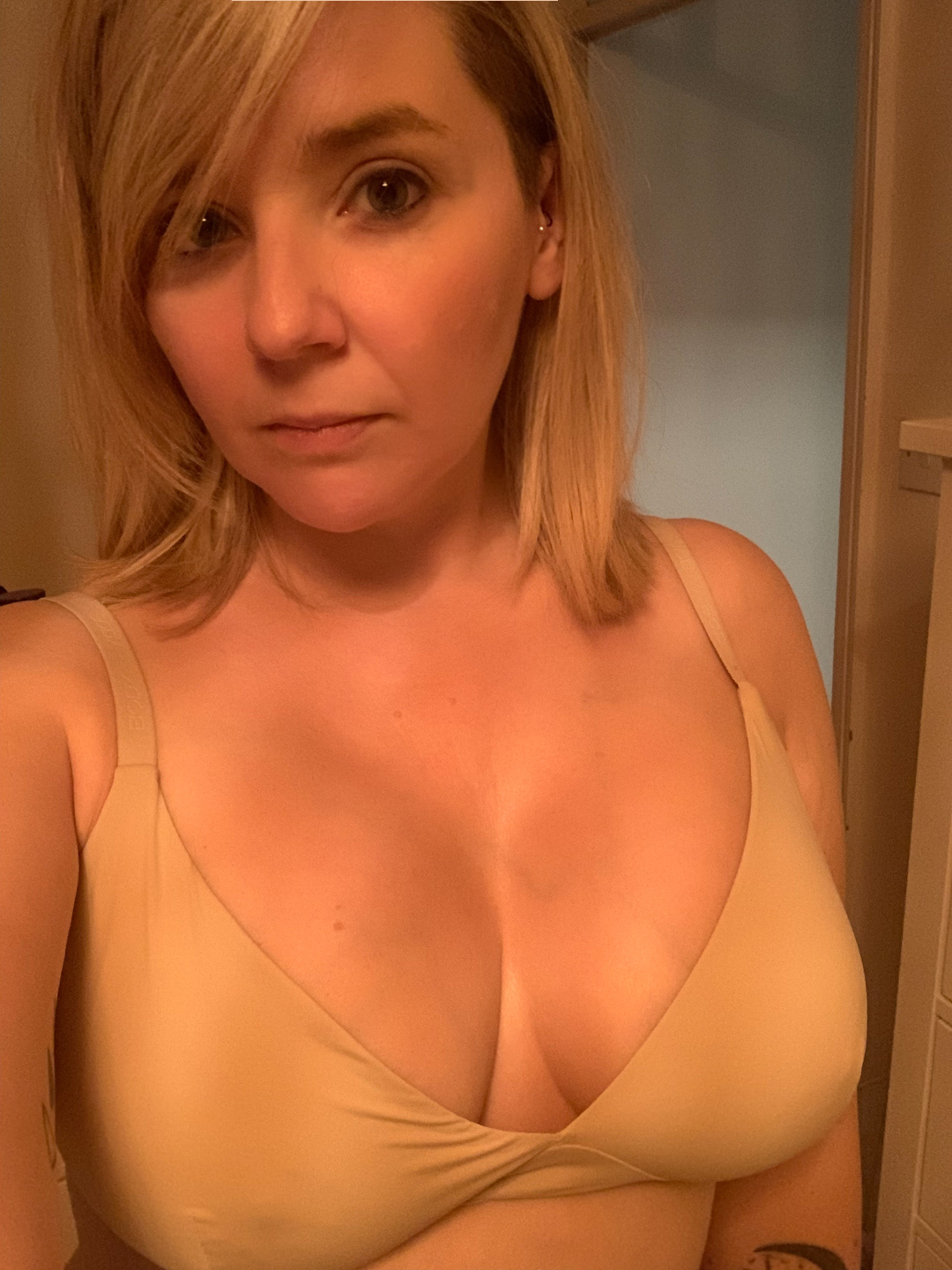
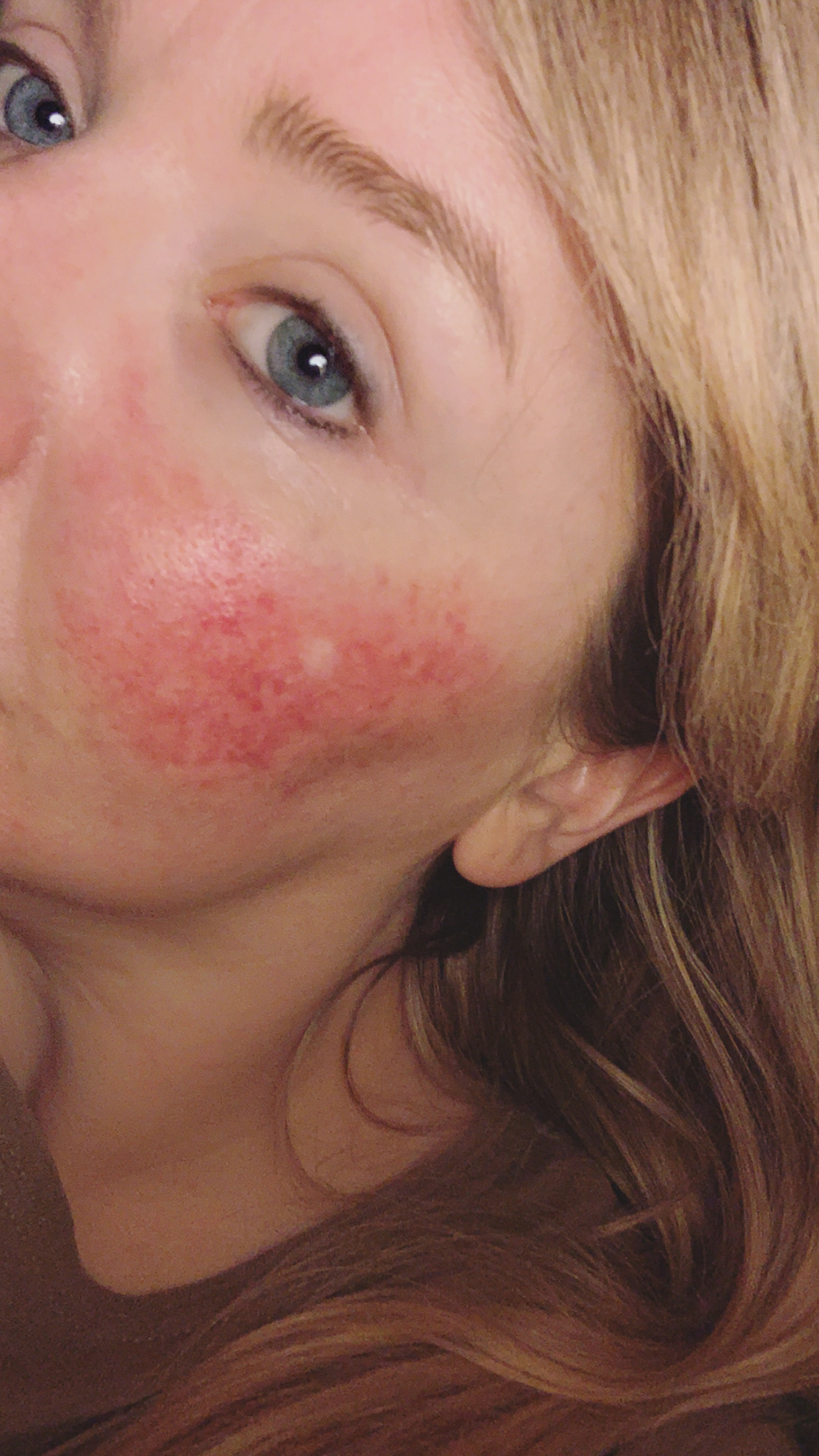
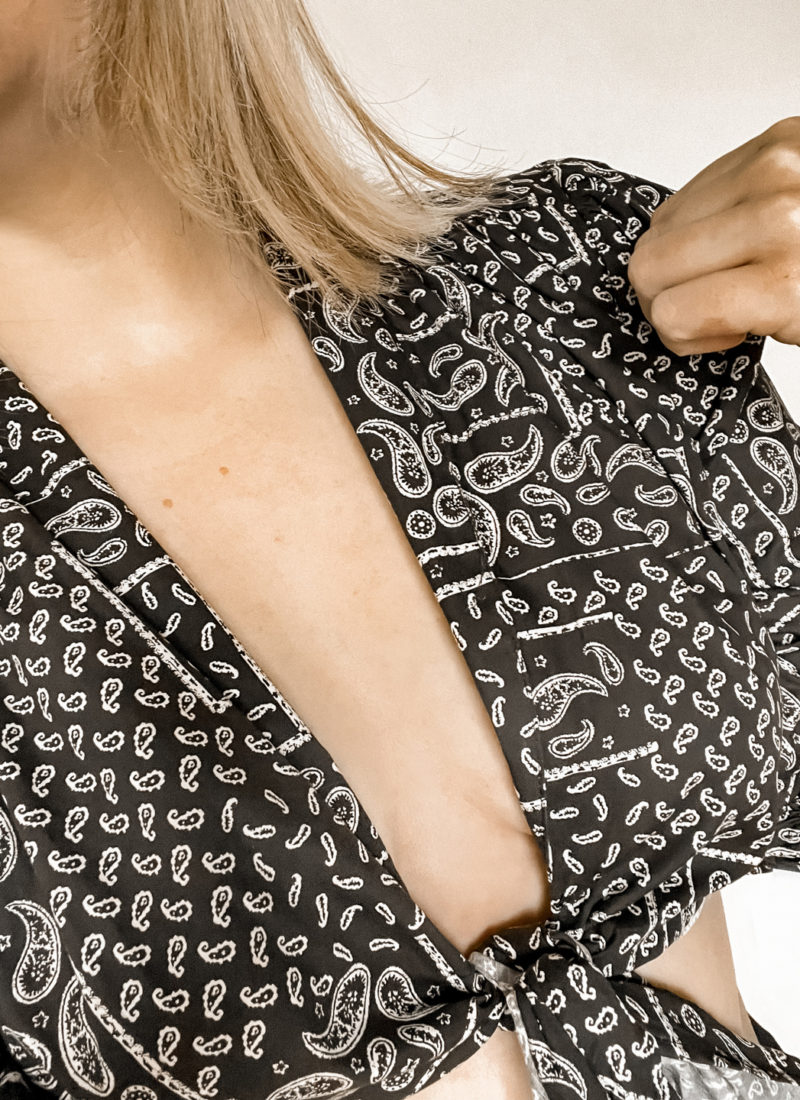


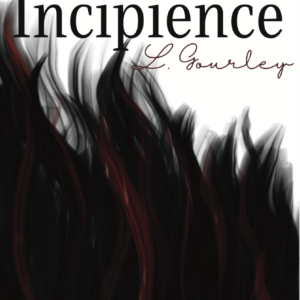

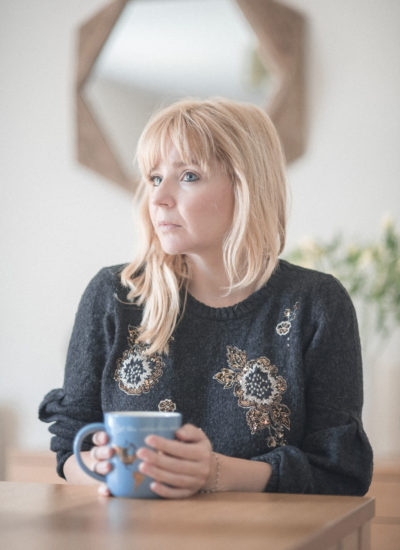
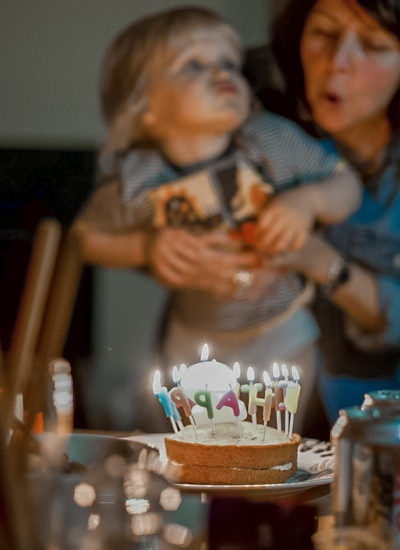
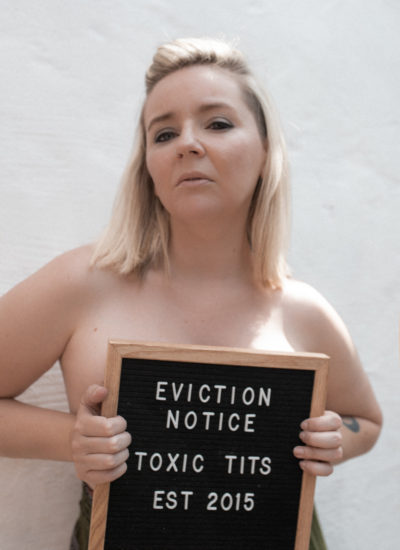
Lovely informatibe read Beth, Thankyou so much for sharing your story XXX
From a previous BII sufferer to another.